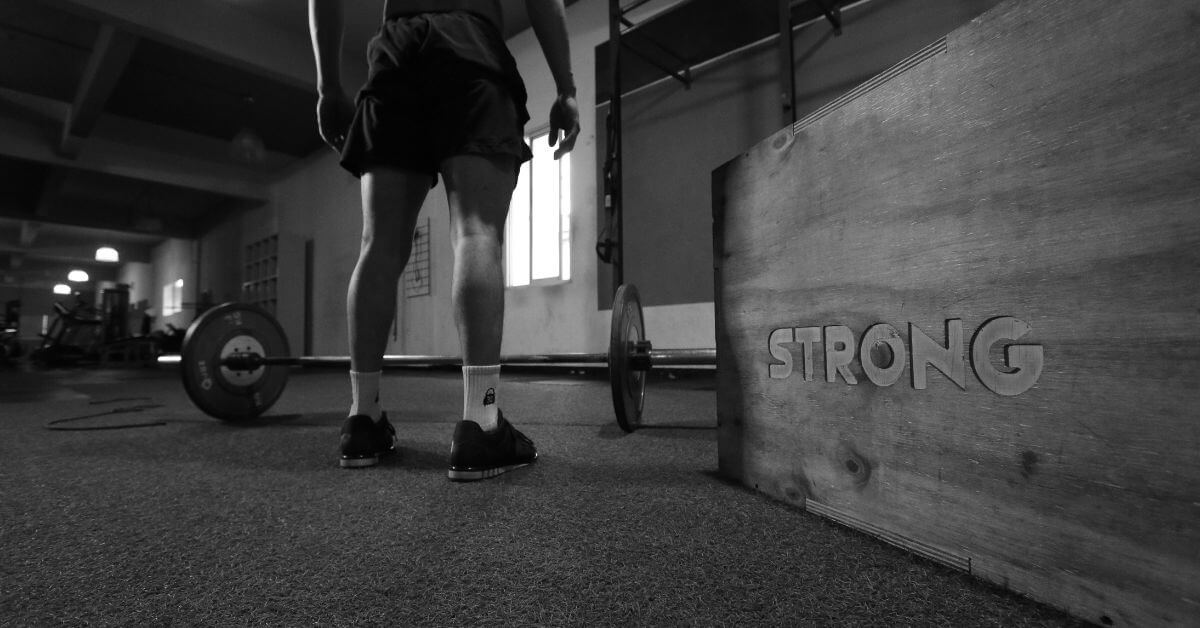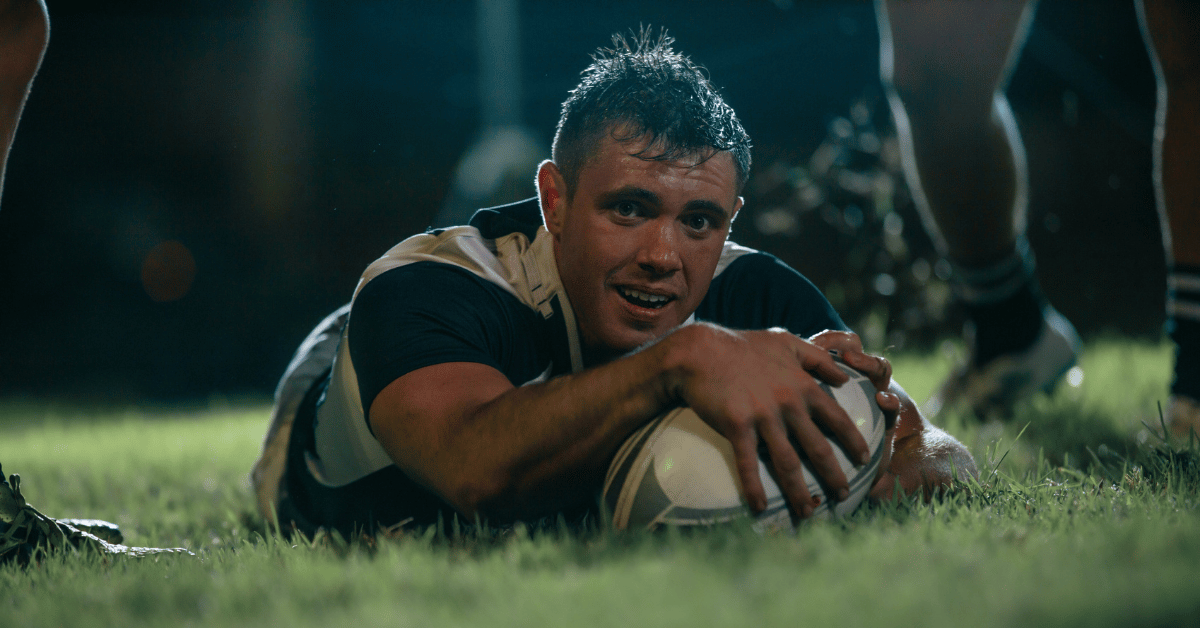Rugby, a sport demanding a unique blend of power, speed,…
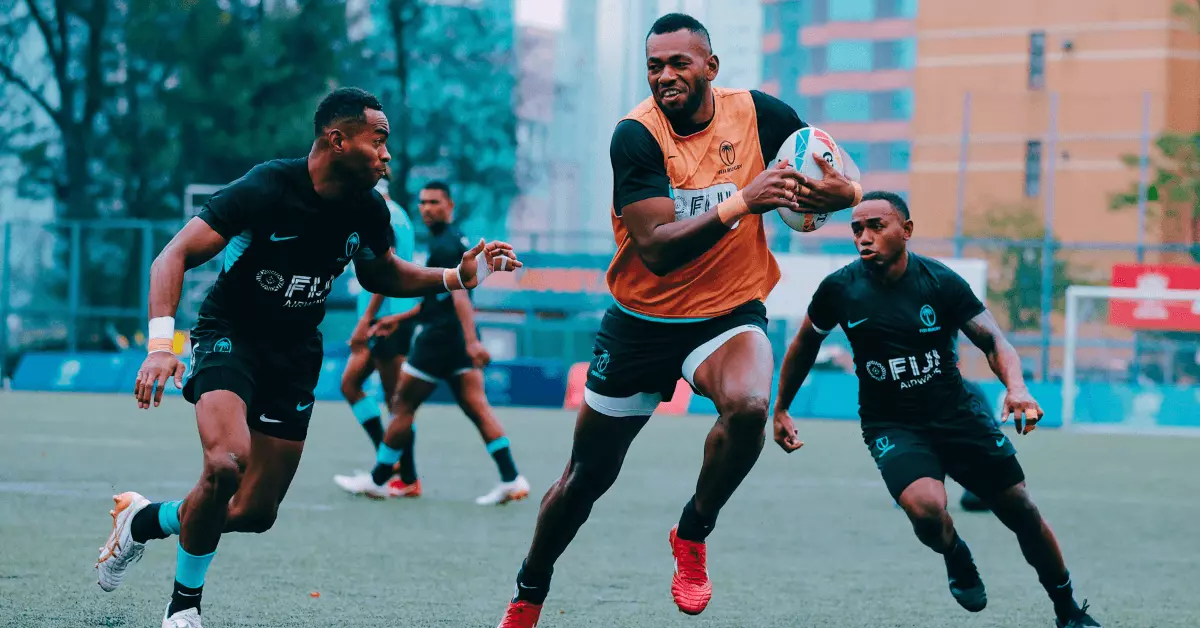
Get in Shape for Rugby Sevens: Tips for a Winning Fitness Regimen
“You are never really playing an opponent. You are playing yourself, your own highest standards, and when you reach your limits, that is real joy.” Arthur Ashe (former World No. 1 tennis player and civil rights activist)
Are you ready for the rugby sevens season? As we approach another 7s season in the UK, it’s time to talk about fitness!
In this blog post, we’ll share some tips for a winning rugby fitness regimen that will help you get in shape and stay ahead of the competition.
Getting in shape for rugby season can be a daunting task, but with the right approach, you can be ready to hit the pitch with confidence.
Rugby, one of the most demanding sports requires a combination of strength, power, endurance, and speed.
To be successful, players need to be in peak physical condition. In this blog post, we’ll provide tips and strategies to help you get in shape for rugby season.

Planning First!
First and foremost, it’s important to have a solid fitness plan in place. This should include a mix of cardio, strength training, and flexibility exercises.
Cardio
Cardio is essential for building endurance and stamina, which are crucial for maintaining high levels of performance throughout the game.
Activities such as running, cycling, and swimming are all great choices for cardio training. When it comes to running, it is important to focus on developing speed and endurance.
For this, interval training is a great option. This involves alternating short bursts of high-intensity running with periods of recovery.
For example, you could sprint for 30 seconds and then walk for 30 seconds, repeating this pattern for a set amount of time. This type of training is effective for building endurance and also helps to improve speed and agility.

Swimming is another great option for cardio training. It is a non-impact exercise that works for all major muscle groups and is especially good for building endurance.
Additionally, it is a great low-impact exercise that is easy on the joints, which is ideal for players looking to avoid injury.
Cycling is another great option for building endurance. It is a low-impact exercise that targets the legs and core and can also be a great way to explore new routes and get some fresh air.
Strength Training
Strength training is also important for rugby players. It helps to build muscle and power, which are needed for tackling and rucking.
A combination of weight training and bodyweight exercises can be used to target different muscle groups.
Some examples of exercises that are beneficial for rugby players include squats, deadlifts, and bench press.

Squats are a great exercise for building leg strength and power. They work the quadriceps, hamstrings and glutes, which are all crucial muscle groups for rugby players.
Deadlifts are another great exercise for building leg strength, as well as core stability and back strength.
Bench press is a great exercise for building upper body strength and power, targeting the chest, shoulders and triceps.
Flexibility
Flexibility is another key component of rugby fitness.
Players need to be able to move quickly and easily in all directions, which requires a good range of motion.
Yoga, stretching and pilates are all good options for building flexibility. Yoga is a great way to improve overall flexibility and balance.
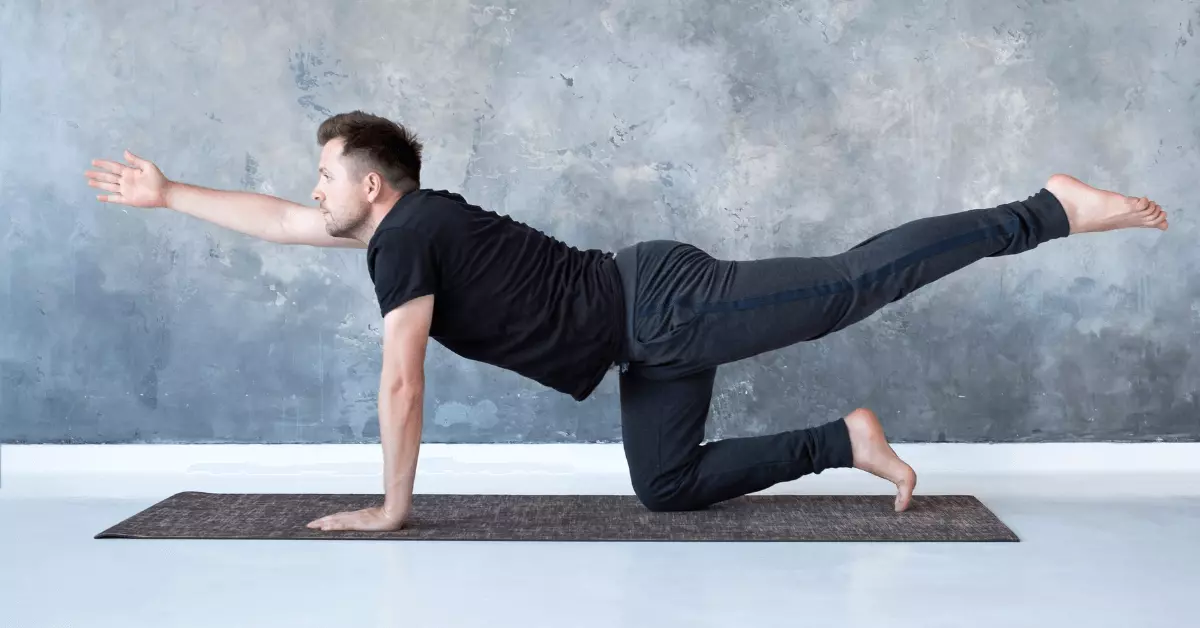
It also helps to relax the mind and body, which can be beneficial for players who are feeling stressed or anxious.
Pilates is another great option for building flexibility and core strength. It involves a series of controlled movements that target the core muscles, as well as the legs, arms and back.
Core Strength
Another important aspect of getting in shape for rugby season is developing your core strength.
A strong core is vital for stability and balance on the field. It is also important for transmitting power from the legs to the upper body during tackling and rucking.
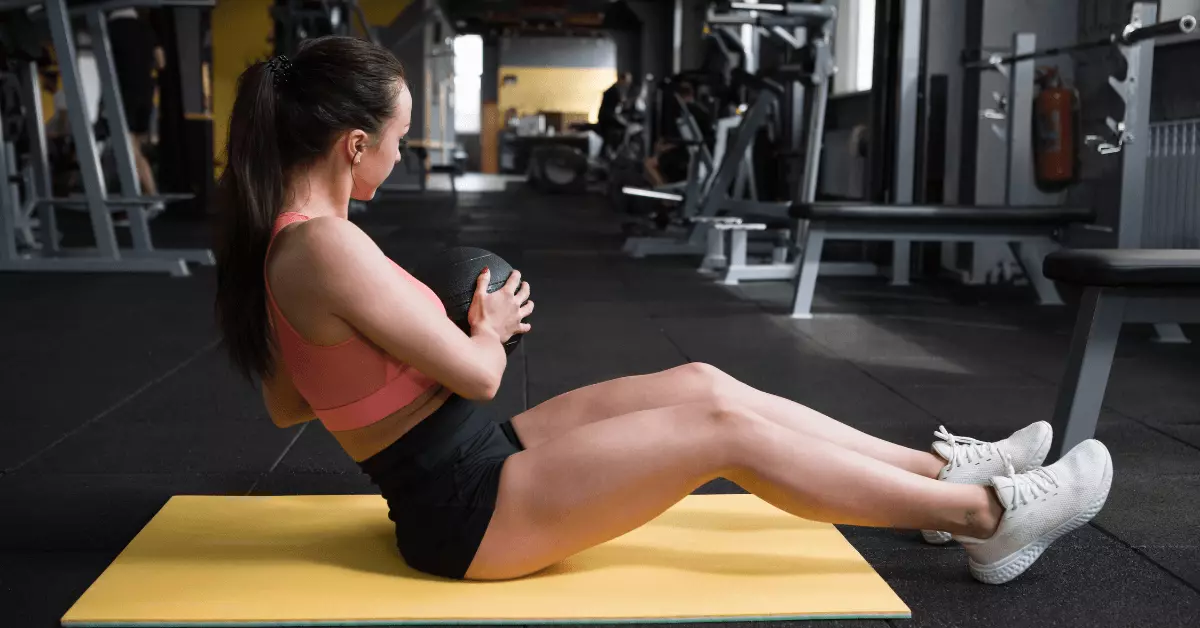
To develop your core strength, you should include exercises such as planks, Russian twists, and leg raises in your fitness routine.
In addition to the physical aspect, players also need to focus on the mental side of the game. Rugby is a mentally demanding sport that requires players to think and react quickly under pressure.
Mental Preparation
To prepare mentally, it’s important to practice visualization, meditation, and mindfulness.
When you visualize, you focus on something specific — an event, person, or goal you want to achieve — and hold it in your mind, imagining your outcome becoming reality. Visualization is a mindfulness technique on its own, but you can also use it to enhance regular meditation.

Meditation is a practice that gained huge popularity in sports over the last decades and where an individual uses a technique – such as mindfulness or focusing the mind on a particular object, thought, or activity – to train attention and awareness and achieve a mentally clear and emotionally calm and stable state.
Finally, mindfulness is the practice of being present at the moment and paying attention to your thoughts and feelings without judgment. It involves focusing your attention on your breath or other sensations in your body.
Conclusion
In conclusion, getting in shape for rugby season requires a combination of physical and mental preparation.
A solid fitness plan that includes cardio, strength training, flexibility exercises, and core workouts is essential to build endurance, power, and stability on the field.
Activities such as running, swimming, cycling, squats, deadlifts, and planks are great options for building rugby-specific fitness.
Additionally, mental preparation is vital for handling the pressures of the game, and techniques such as visualization, meditation, and mindfulness can help players focus and react quickly under pressure.
By following these tips and strategies, players can prepare themselves to be in peak physical and mental condition for the rugby season and increase their chances of success on the field.
Do you want to get fit and play rugby sevens this summer? Join us now.

